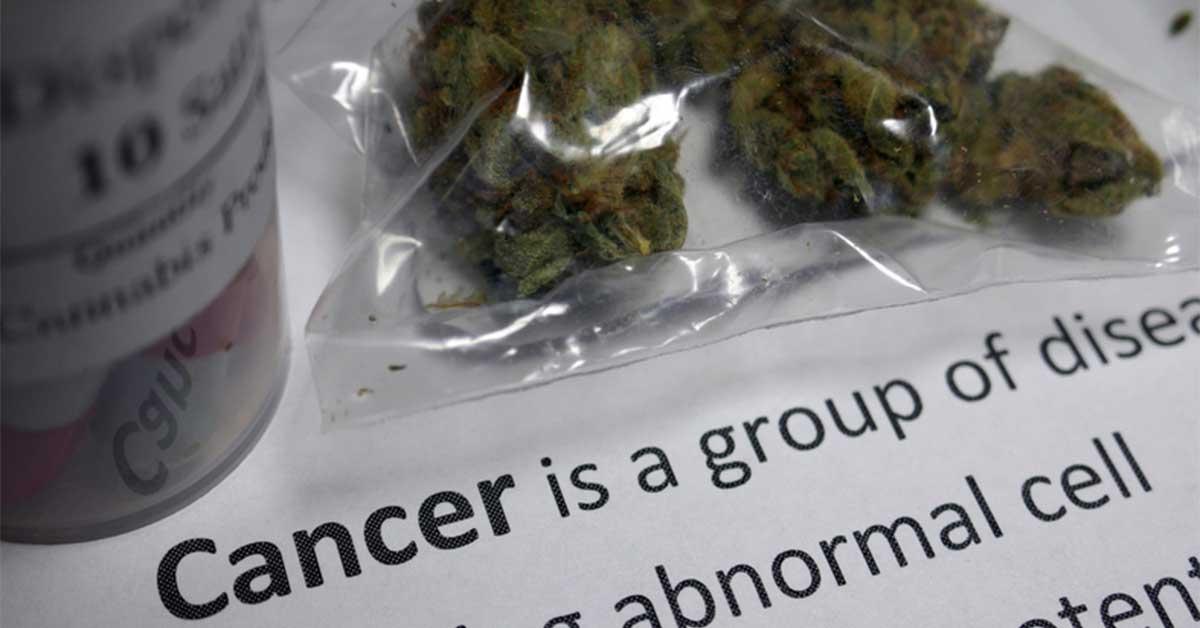When it comes to cancer, most of us would do just about anything to help ourselves and our loved ones ease discomfort and pain during the treatment process. And in Ohio, our cancer-fighting roots run deep. The Ohio State University Comprehensive Cancer Center (OSUCCC) is just one example of our state’s premium cancer resources. Our state attracts renowned cancer researchers, doctors, and other oncology experts who provide the absolute latest in cancer diagnosis, treatment, and prevention.
Using every tool at your disposal
Ohio residents also have the ability to use every tool at their disposal to combat cancer symptoms – including using Medical Marijuana (MM). Ohio’s Medical Marijuana Control Program has approved cancer as a qualifying condition for treatment with cannabis. This is excellent news considering mounting evidence that certified cannabis is an incredibly powerful and safe therapy for those living with cancer and going through – often painful – treatment-related side effects. Most doctors believe that MM is particularly effective when incorporated into a complete treatment regimen, which includes spiritual and emotional support, as well as science-based care and proven oncology practices.
Cancer and Ohio Medical Marijuana how does Ohio Medical Marijuana work for cancer patients?
For those undergoing treatment for cancer, medical marijuana has the potential for significant relief, including alleviating nausea, vomiting, appetite loss, pain, depression, anxiety, and promoting sleep. If you or someone you know is looking to learn more, keep these factors in mind:
- Managing pain – Some studies have found that marijuana can ease cancer-related pain by binding to our body’s cannabinoid receptors, CB1, and CB2. Marijuana may also have anti-inflammatory effects that can help reduce pain experienced by patients, whether it’s cancer-related or treatment-related.
- Treating nerve damage – Unfortunately, neuropathy, or nerve damage, is a common complication of many chemotherapy cancer treatments. Many patients characterize neuropathy pain with feelings of numbness or weakness. It can also feel like tingling or burning in the hands and feet. For relief, many individuals are complementing traditional medications with medical marijuana under the supervision and guidance of their treatment team.
- Easing nausea – Nausea and vomiting are far more than uncomfortable side-effects of chemotherapy treatments. Chemotherapy-induced nausea and vomiting, also known as CINV, can be severe, and it usually occurs very quickly after treatments – within six to 24 hours. In addition to being debilitating, excessive vomiting can also contribute to severe dehydration or weight loss, causing other complications during treatment. Luckily many patients have found some relief from these symptoms using MM.
- Stimulating appetite – Some individuals experience a loss of appetite when going through various cancer treatments. Luckily several small studies show marijuana can help improve the appetite in people going through cancer. The FDA has approved a synthetic marijuana product called Dronabinol in treating loss of appetite and weight loss in people with AIDS. Doctors also often recommend Dronabinol and other medical marijuana products in treating severe nausea and vomiting caused by chemotherapies.
What should you expect? While research continues, it’s clear that for many people, medical marijuana can play a big role in relieving otherwise debilitating cancer treatment-related side effects. That team of doctors at Releaf Health Clinic believes that by integrating evidence-based standardized medicine along with cannabis medicine, cancer patients can enjoy a much higher quality of life. If you have questions about how medical marijuana can help or if you want to learn more about our video-appointments or popular telemedicine program, please call or email us! Our telemedicine program is the most straightforward, safe, and convenient way to obtain a medical marijuana card in Ohio. Don’t wait! Please get in touch.


